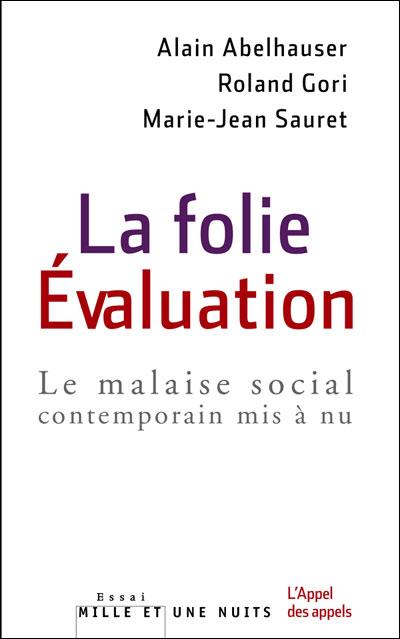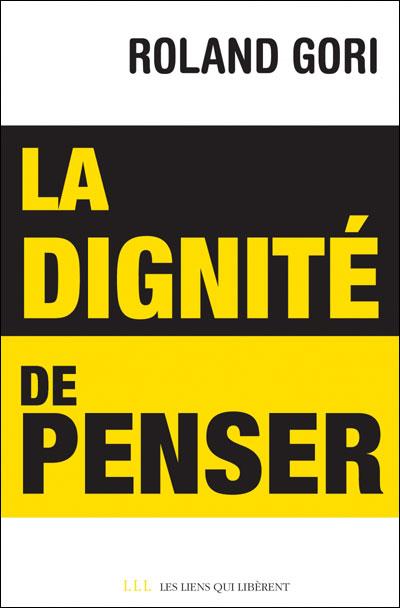Hans Sluga on Michel Foucault
Foucault at Berkeley
A university transformed
In the spring of 1975, UC Berkeley philosophy professor Hubert Dreyfus got a worried call from the chairman of the French department, Leo Bersani. Bersani had invited an obscure French philosopher to speak at the university, and he feared the crowd would be a little thin. He implored Dreyfus to come and fill out the ranks.
At the time, few at Berkeley had heard of Michel Foucault.
Foucault might still be at Berkeley, too, if AIDS had not cut his life short in 1984. Only 57 when he died, the lifelong Parisian seemed on his way to making the campus his second home.Thirty years later, Berkeley is an academic universe transformed. Dreyfus, now a Professor of the Graduate School, and Bersani, Professor Emeritus of French, are two of the university's leading Foucault scholars. Few undergraduates have earned degrees without reading, or at least encountering, the work of a man who has become the world's leading icon of postmodernism.
Still, despite his short time here, Foucault's heretical vision of philosophy, history, and the self rocked the university, transforming the approach to an unprecedented range of disciplines. No longer could literary critics or philosophers, psychologists or doctors, geographers or social scientists ignore the role mechanisms of power and control played in their fields of knowledge.
Foucault first returned to Berkeley as a visiting professor in October 1980. By then, his politically charged critiques of prisons, asylums, and the medical establishment had taken American academia by storm. Already a major celebrity in his home country for more than a decade, Foucault had by now become an international academic superstar."He left a tremendous impression on this campus," says Hans Sluga, a UC Berkeley philosophy professor and friend of Foucault. "His presence stimulated further interest, and it's here to the present day."
Nowhere was that more evident than at UC Berkeley.
Sluga, chairman of the philosophy department in 1980, had tapped Foucault to deliver that year's prestigious Howison Lectures in Philosophy. Foucault had become increasingly fascinated by the ancient philosophers of Greece and Rome. His new work was a far cry in many ways from the subversive interdisciplinarity of Discipline and Punish and The Birth of the Clinic, works that had made him the idol of the left-wing intelligentsia.
Sluga recalls that Foucault had grown increasingly wary of his fame. His topic for the Howison Lectures--"Truth and Subjectivity: the Stoic Practice of Self-Examination"--was deliberately intended to sound "learned, abstract, remote," according to Sluga, to avoid attracting a large audience.
But Berkeley would not be deterred. Crowds crammed 2,000-seat Zellerbach Hall so quickly that police had to bar the doors. Foucault fans milled restlessly outside until Sluga arranged for a live broadcast of the lectures to Wheeler Hall. Its 760 seats filled almost immediately.
Afterward enthusiasm for Foucault remained fervent. Dreyfus and anthropology professor Paul Rabinow published Michel Foucault: Beyond Structuralism & Hermeneutics in 1981. The book includes several interviews with Foucault, who also penned the afterword. It remains a touchstone of Foucault scholarship today.
(Rabinow, still at Berkeley, has since edited the three-volume Essential Works of Foucault, 1954-1984, as well as a single-volume anthology.)
Bersani and Sluga were also hard at work behind the scenes. They arranged a regular teaching position for Foucault each fall at Berkeley. Foucault arrived at Berkeley in the fall of 1983 to begin his first semester of teaching here. It would also be his last.
Since his death, Foucault's time in the Bay Area has become steeped in mythology. Foucault was openly gay, and sexuality became an increasingly important part of his thought later in life. At Berkeley, he put the finishing touches on The Use of Pleasure and The Care of the Self, volumes two and three of his muli-part history of sexuality. He also became a habitué of the San Francisco leather scene.
At the time, HIV/AIDS was little understood. The disease that would soon devastate San Francisco's gay community had only been given a name in August 1982. In July of that same year, the Centers for Disease Control had only 452 cases of AIDS on record.
Foucault biographer James Miller has gone so far to suggest that Foucault deliberately failed to take the precautions necessary to protect himself from HIV, citing references in Foucault's work to death as the "ultimate work of art."
Sluga believes the truth may be less dramatic--but no less tragic. When Foucault came to Berkeley to teach that fall, he sublet a French professor's apartment in Haight-Ashbury. Sluga lived nearby on Buena Vista Hill and would often give Foucault, who didn't drive, a lift to Berkeley.
"These were great occasions because we would get stuck in the Bay Bridge traffic and we could talk about philosophy, talk about life," Sluga says. They talked about Wittgenstein, with whom Sluga believes Foucault shares an under-recognized affinity.
They also talked about AIDS.
"I was telling him about AIDS and he wouldn't believe it. He said this was American anti-sexual hysteria," Sluga says. "I think he underestimated the realities, unfortunately."
But Sluga remembers another Foucault from that time, as well, a man far removed from the glamorous denizen of Folsom Street. On campus, Foucault looked, except for his distinctive bald pate, like any other professor in his tweed and glasses, briefcase at his side.
"Here was this figure who had this international reputation and drew these huge crowds," Sluga says, "and what did he do most of the time when he was at Cal? He was in the main library, reading. He was a very scholarly man. He loved to read books."
Since his death, Foucault's influence has become pervasive in modern academia. Sluga himself is at work on a new book, tentatively titled The Care of the Common, that will use the work of Karl Schmidt, Hannah Arendt, and Foucault to explore the disintegration of traditional political concepts in contemporary society.
Last fall, Sluga organized "Foucault in Berkeley: 20 Years Later," a conference that featured talks by Bersani, Rabinow, Dreyfus, and UC Berkeley Professor of Rhetoric Judith Butler, among others. The conference, held on a Monday, was "totally overrun," Sluga says, by Foucault enthusiasts from across the university.
Another Foucault biography includes a snapshot of Foucault in a cowboy hat, a gift from the students of his Berkeley philosophy seminar in October 1983. Surrounded by eager young faces, the quintessentially sophisticated Frenchman looks slightly nonplussed. But he's still smiling. It's a rare candid glimpse of the twentieth century's leading prophet of self-liberation, seemingly on the cusp of a new life, in California, the world capital of self-reinvention. He did not live to realize the California promise. But since his short time here, Berkeley has never been the same.
– Marcus Wohlsen



